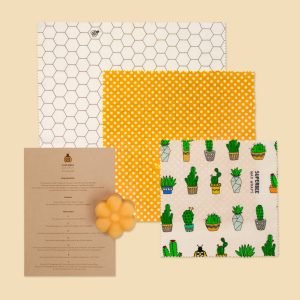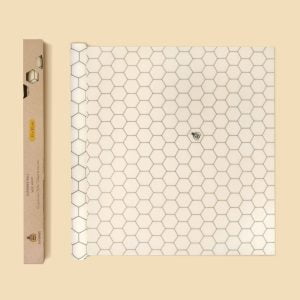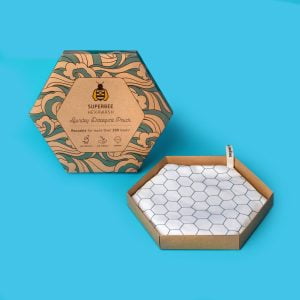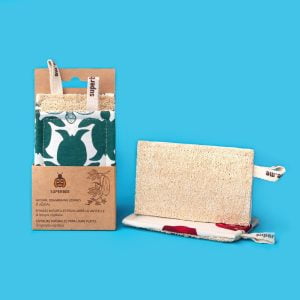10 Tips for a More Eco Friendly Kitchen
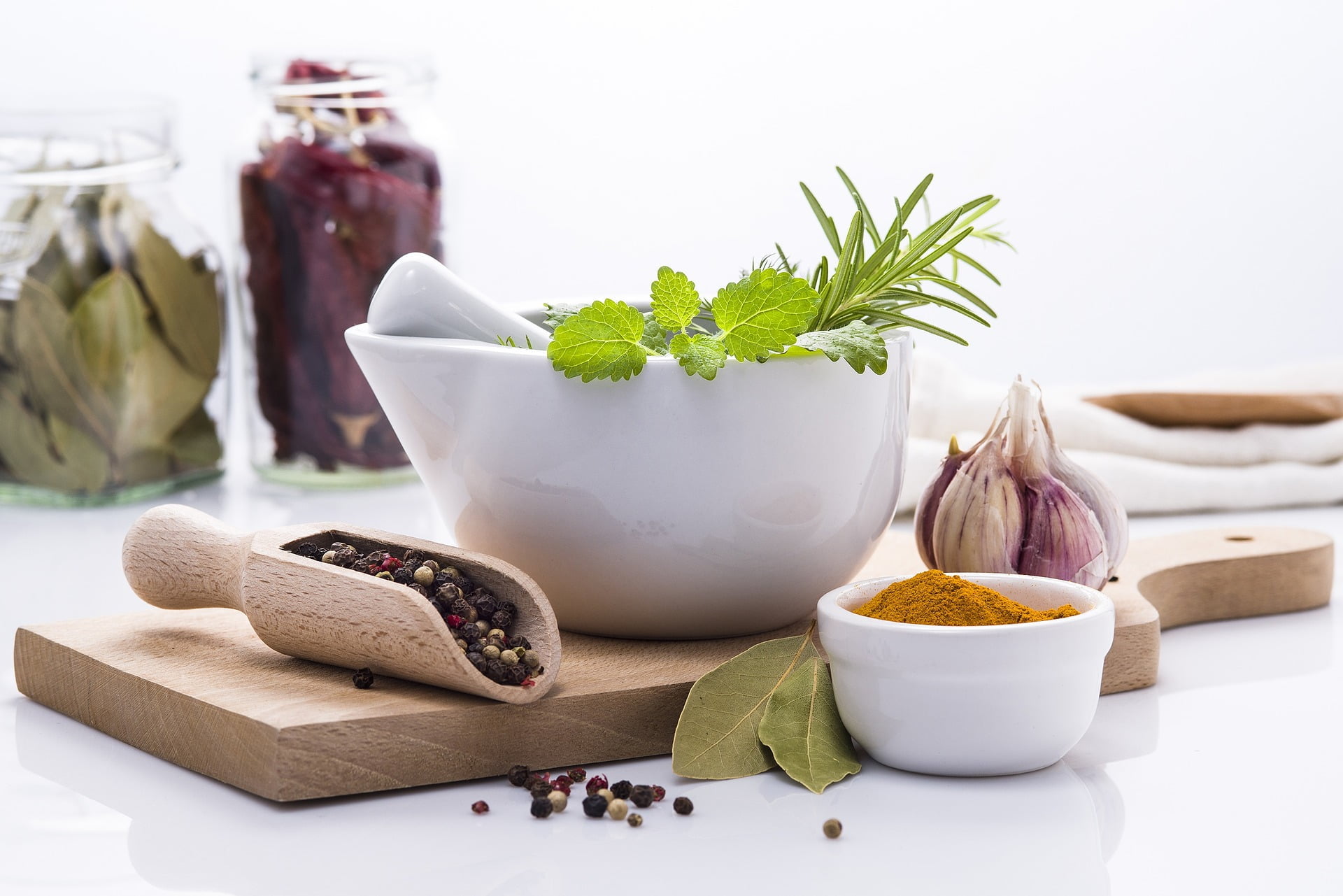
Have you ever considered what it takes to reduce your carbon footprint? With a little guidance, it’s not difficult to develop a routine that is better for the environment and can improve your health. Let’s start with eco-friendly habits in the home relating to how you buy, cook, and store your food.
1. Shop for groceries using reusable bags
One way to reduce the number of plastic grocery bags in a landfill is to use reusable shopping totes. Look for bags made of cotton, hemp, or other natural cloth or mesh and wash them between visits to the grocery store.
2. Clean your kitchen with eco-friendly products
Toss aside any harsh, chemical-laden cleaners and use eco-friendly cleaning products instead. Chances are your pantry has baking soda, distilled white vinegar, lemon juice or castile (plant-based) soap. These environmentally-friendly alternatives can clean your kitchen, household appliances, and laundry just as well as conventional chemicals and without the harmful side effects.
3. Prepare your food on cutting boards made of sustainable materials
Cutting boards and chopping blocks are key components to kitchens, so why not buy one that’s functional and eco-friendly? A wooden cutting board is a beautiful addition to a kitchen and is harvested from a sustainable source as opposed to plastic cutting boards or mats. Some wood types, such as fast-growing bamboo, even naturally reduce the growth of harmful microbes.
4. Nix Teflon pans

Although Teflon pans are convenient to cook with due to their non-stick properties, they are infamously known for releasing toxic chemicals. They also damage easily so they must be thrown away and replaced often. As an alternative, use long-lasting sustainable products such as pots and pans that are made of heavy-duty stainless steel or cast iron. Baking enthusiasts should use glass, metal, silicon, or ceramic casserole dishes and trays.
5. Use eco-friendly utensils and dinnerware
Set aside the plastic utensils and Styrofoam plates, bowls, and cups. Stock your cabinets with recycled glass cups and ceramic or metal plates and bowls. Add charm to your kitchen with wooden cooking and serving utensils. They work just as well as their plastic counterparts but look much nicer!
6. Opt for plastic-free food storage in your fridge and freezer

It may be convenient to store dry or raw food in plastic containers but consider making the switch to eco-friendly food storage containers instead. Look for items made of silicon, glass, or metal. For containers that don’t have fitted tops, a food cover can seal the food properly and prevent exposure to air. Reusable beeswax wraps are an excellent alternative to plastic wrap because they fit all sorts of sizes and shapes with the added benefit that they are sustainable, and can be washed and reused.
7. Package your lunch in reusable sandwich wraps
Rather than packing lunch in a single-use sandwich bag, use natural beeswax wraps. These plastic wrap alternatives can be folded into packets and baggies of various sizes to easily fit sandwiches, crisps, biscuits, or fruit to eat later.
8. Keep your home smelling fresh with natural products

Chemical air fresheners can expose you and your family to toxins and allergens. To make your home smell nice without the negative side effects, our favourites tips include simmering spices or aromatic plant oils on the stove, dropping a slice of lemon down the food waste disposer, or using houseplants to purify indoor air.
9. Deodorise and disinfect with vinegar or baking soda
Baking soda absorbs and neutralizes smells and works well to deodorize kitchen curtains and rugs. Vinegar kills bacteria, mold, and mildew and can be used to clean sinks, kitchen appliances, and cooking surfaces.
10. Create your own compost pile from biodegradable kitchen scraps
Once you’ve incorporated reusable, sustainable items in your kitchen’s repertoire, you’ll be throwing away less rubbish. You can reduce this amount further by tossing your organic kitchen scraps into a compost bin that will later turn into nutrient-rich soil.
